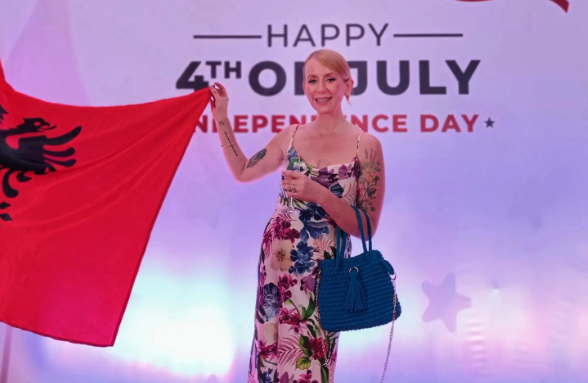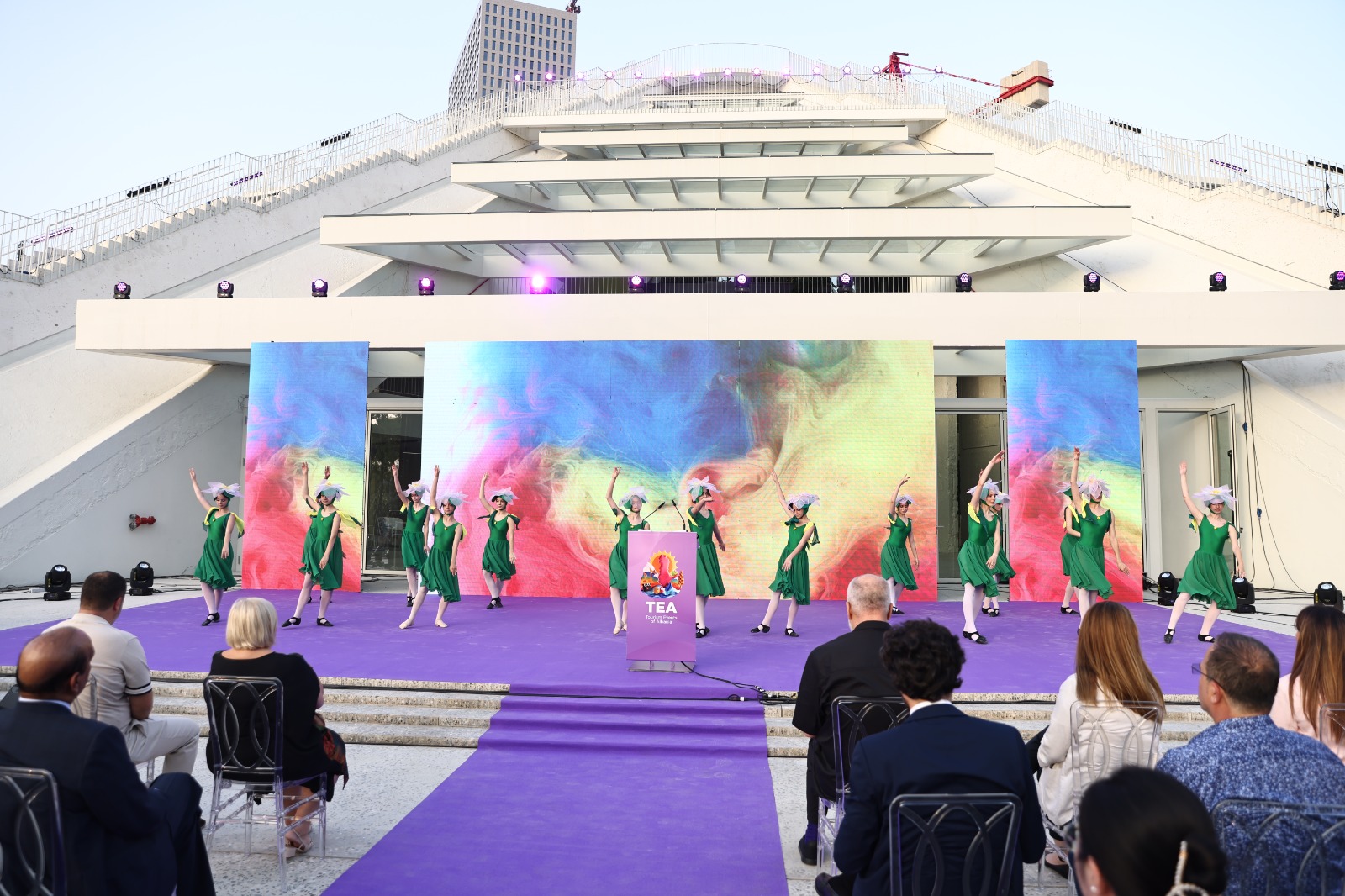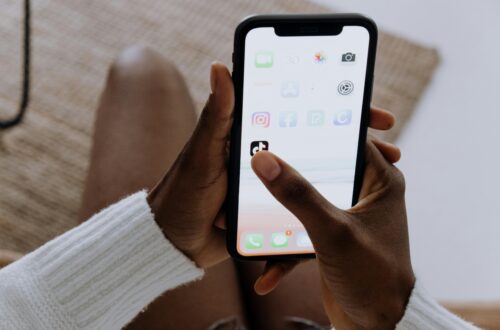It has been five and a half years since I set foot in Tirana for a three day holiday. During that time, I have written on several occassions about the quirks and eccentricities I have observed- always with a tongue-in-cheek approach. Here is my most recent list that absolutely must be taken with at least a little pinch of salt.
No means yes
I spent many years somewhat confused as to why people were shaking their heads at me when it was clear they were agreeing. I then realised that a segment of the population shook their head to say yes, instead of nodding, which I am used to. Fast-forward five years, and I have gotten so accustomed to it to the point where I have started bobbing my head around in the same way when interacting with Albanians. But the head shaking is not to be confused with a kind of sideways wobble, which can mean various things such as “Oh, that is silly”, “come on”, “whatever next”, or a kind of reluctant agreement.
They are not angry, they just talk very loud
I learned pretty early on that Albanians have a way of talking which is very loud and rather aggressive, even if talking about something very normal. I have tried to adapt to this- I really have- but it is still challenging. Now I speak Albanian, I find they shout even more, particularly on passionate subjects, which is especially hard as I am trying to figure out the words, context, tense, and tone. I am now in a situation where I do not know when I am being shouted at, when someone is angry, or when they are just feeling particularly passionate about the subject at hand!
Albanian hospitality reigns supreme
Albanians are famous for their hospitality, but still, after almost six years, it never ceases to amaze me. A few weeks ago, my mum visited Albania. My boyfriend took her for a walk in the neighbourhood to buy a chicken to cook for lunch- a trip which should have taken 10 minutes. An hour and a half later, they both arrived home, drunk (it was 2pm), and with my mother clutching a bunch of roses, a litre of raki in a plastic bottle, and a bag of cherries, while laughing about all the attention she had, and free booze she had been bought. Turns out, the trip to get the chicken quickly deteriorated into them being stopped at every cafe, raki being bought, lots of ‘gezuar-ing’ to my mum, and a few declarations of love to her. They did manage to get the chicken, but I ended up cooking it while they both slept it off.
Shqip is still really, really hard
I tried lessons and failed because it took me back to my school years when I was naughty and inattentive. I then decided that the only way I would ever really learn the language was by throwing myself in at the deep end and learning by trial and error. I try now to speak only Albanian when outside of the house and engage with Albanian people, and I listen to Albanian radio, read the news in Albanian and sometimes watch Albanian TV. I have done many interviews in Albanian, but I struggle immensely and feel self-conscious. But I will only learn by persevering, and I am determined to be fluent one day. It is a harsh language with difficult-to-pronounce words, challenging grammar, and sentence structure that perplexes me. I recognise almost every word by now, but it will be another few years before I know how to use them!
Cold is the biggest killer nationwide
Open windows, not wearing a coat between September and June, children not wearing socks, and wet hair are the biggest killers across the country, or so many Albanians would have you believe. Headache? Cold. Stomach ache? Cold. Backache? You left the window open overnight, and it got cold. Children without socks? Call social services immediately. Cold air and drafts are widely believed to cause a range of ailments, and there is no convincing any Albanian otherwise. When I tell them about children in the UK wearing shorts in December or me growing up barefoot all spring and summer, let alone babies in Denmark sleeping outside in the middle of winter, they shudder at the thought of it and call me crazy. Likewise, rain is also considered a big danger. I was at the swimming pool recently when it started gently raining. Mothers panicked and called their children out of the water to get underneath the umbrella and away from the rain.
Spotting foreigners has become easier.
There are many more foreigners in Albania now than there were five years ago, and I have become very adept at spotting them. For example, they will likely be riding a bike and will definitely be wearing a helmet- something most Albanians would not be seen dead in (literally). Secondly, you can tell who the foreigners are from their clothes. They will be dressed much lighter than Albanians and switch to shorts/short sleeves/sandals from April onwards, while locals will still be bundled up in their winter coats.
Dance moves cannot be learned, it is in the DNA
I love Albanian traditional dancing, but no matter how much I try, I just can’t do it. The steps are complicated, the music is fast, and particularly after a glass or two of wine, I find it impossible to remain coordinated. After trying many times and simply ending up jigging around looking awkward while flapping my hands, I have concluded that being able to dance this way is genetic. It is something you are born with that is in your blood and that cannot be learned. There is no other explanation as to why ALL Albanians can dance so well, even when drunk or wearing 6-inch stilettos.
All the best things come in plastic bottles
No, I don’t mean fizzy drinks. I am talking about raki, oil, milk, yoghurt, and sometimes even honey. Also, the bottle should ideally be a cola or water bottle, washed and then filled with the applicable fluid. These goodies can be purchased by the side of the road, from under the counter in your neighbourhood shop, or from your neighbour’s cousin’s aunt’s colleague’s grandfather who travelled from Fier on a furgon to deliver it.
Public transport is still a wild ride
I have written about public transport, particularly buses, in the past, as on one occasion, I met a man with a chicken on the way to TEG. Over the last five years, timeliness has improved, some of the buses are newer, and there are generally less holes in the roof/floor, but still, taking a bus, particularly in Tirana, is an adventure. Over the last few years, we have seen a number of crashes and one incident where the driver managed to wedge the bus over the Lana river, forming a kind of bus bridge in the city centre. So popular was this accidental art installation that it even appeared on Google Maps.
Are you tired?
“Je lodhur” translates as “are you tired” and is often said after an initial greeting. But do not get confused because the person asking is not really interested in whether you had a good night’s sleep or not. At first, I would answer in a rather confused manner, giving information about how many hours I slept or how tired/well-rested I was, but I soon realised this is a rhetorical question. The appropriate answer is to kind of say nothing and ask the same question to the other person.
Politics is the most divisive subject in society
In Albania, absolutely everything is political. People will judge you based on who they think you side with and there is no topic that cannot be politicised. Every word you write, speak, or think, every friend you have, every coffee you take, every work meeting, every conference you attend, every picture you take or post, everything you say or do, can and will be politicised, analysed, and criticised. Even the most innocent comment or action, can result in being dubbed left or right, paid by XYZ, or aligned with so and so. There is no concept of being neutral, in the middle, or being able to like some things but dislike others. There is also no comprehension of the fact that it is possible to engage with political actors from either side or any side, without meaning you are now a lifelong member of their fan club. People blindly follow politics without paying any real attention to policies, stances, words, or anything else- they simply follow the blind love, or hate of a political personality.
Likewise, people are incapable of being able to assess things objectively- for example, if the government builds a much-needed road. Instead of saying, well done and thanks, or simply acknowledging its existence, they will say “well they used the wrong shade of grey for the tarmac”. It is exhausting. Politics will always be corrupt, challenging, and disappointing, but this lack of ability to look at things through a non-political lense is a huge detriment to the future of Albanian democracy.
Everyone thinks you’re a spy
So aside from the fact the pro-gov media accused me of being a Russian spy in 2019, I have come to understand that most of my neighbours think I work for the CIA/FBI. Despite not being American, there is a widely held belief in my neighbourhood that I am placed there on the order of some foreign government to infiltrate them and report back to the powers that be. What exactly I am spying on and why the FBI would care about what my neighbours are up to seems to be irrelevant to them, but there we are. Of course, I play up to their suspicions where possible, arriving home with diplomatic plates a couple of times, wearing wireless headphones to make it look like an earpiece, and donning a moustache and trench coat at any opportunity. Joking aside, I can understand why I am suspicious to them; a foreign, single mother, speaks Albanian, buys an apartment in a small, almost exclusively Albanian area, appears randomly on TV, is a ‘journalist’ etc But if any of you are reading, just remember, I am always watching. Joking. I am not, you are all pretty boring.
Follow The Balkanista!



